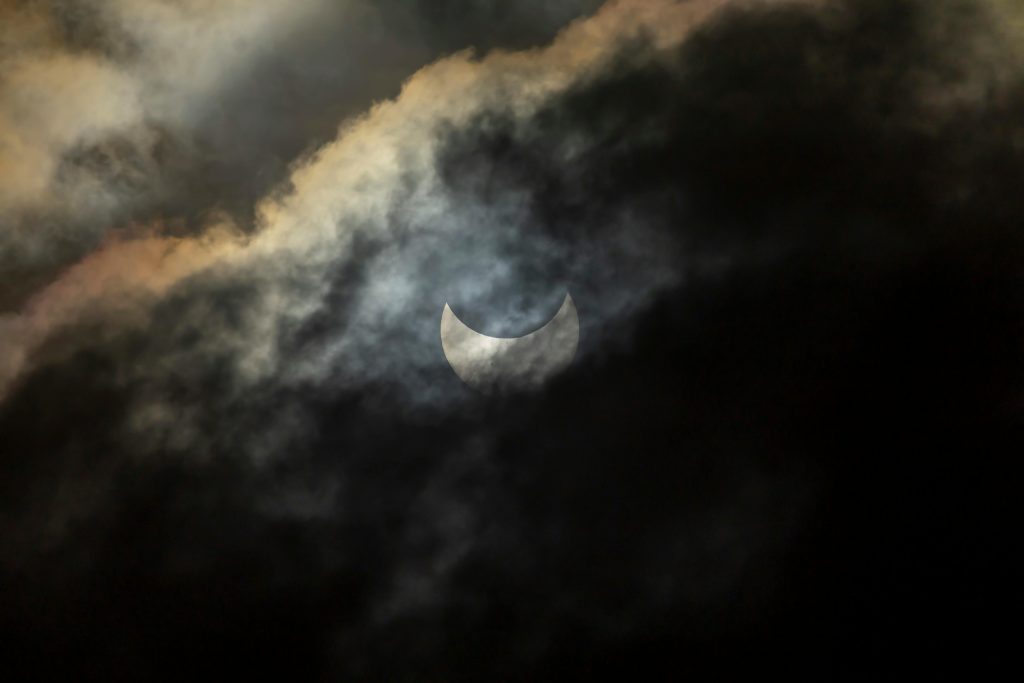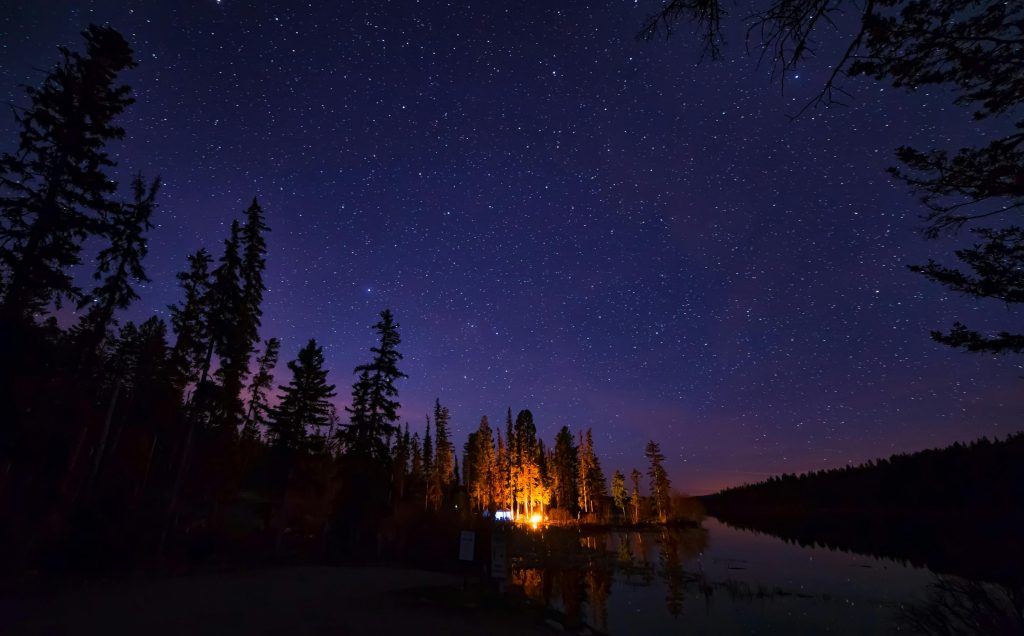
The anticipation is building for the upcoming solar eclipse on April 8, 2024, as millions of North Americans prepare for the big show. During this rare event, the moon will pass between the sun and Earth, and the United States will see temporary mid-day darkness.
If you’re looking to take full advantage of the eclipse but aren’t sure where to view it, this guide will provide you with various ideas and destinations, so you can catch the best views of this cosmic phenomenon! From National Parks to urban rooftops, we’ll pinpoint the optimal spots for witnessing the solar eclipse, ensuring you’re well-equipped to experience this natural spectacle firsthand.
What Is The Path of Totality?
Among the talk and excitement behind the 2024 solar eclipse, you may have heard a term known as “The Path of Totality”.
The Path of Totality refers to the specific geographic area where viewers can experience a total solar eclipse, meaning the moon completely covers the sun, leaving only its outer atmosphere, the corona, visible. Outside this path, observers will witness a partial eclipse where only a portion of the sun is obscured by the moon.
This year, the Path of Totality will span across North America, starting in Mexico and extending northeastward through the United States into Canada. Cities within this path, such as Dallas, Indianapolis, Cleveland, and Buffalo, will experience the full totality of the eclipse, providing the most dramatic views for observers.
Here’s a complete list of states that will experience a total solar eclipse along the path of totality:
– Texas
– Oklahoma
– Arkansas
– Missouri
– Illinois
– Kentucky
– Indiana
– Ohio
– Pennsylvania
– New York
– Vermont
– New Hampshire
– Maine
Best Viewing Spots for the 2024 Solar Eclipse

Visit a National Park
National Parks offer a unique and natural setting for observing celestial events like the 2024 solar eclipse. With their expansive landscapes and minimal light pollution, these innate attractions provide superior viewing conditions for witnessing the phenomenon.
Examples include iconic parks like Yosemite (California) and Pisgah National Forest (North Carolina), where visitors can enjoy unobstructed panoramic views of breathtaking landscapes, from serene lakes to majestic mountain ranges.
Depending on which state you live in, be sure to plan your trip accordingly with consideration of the start and end times in your local area. Try integrating a short hike or parking your car near an overlook to capture some really impressive views of the eclipse meeting nature!
Go Camping
For a special and unique way to see the solar eclipse, consider overnight camping at a site with plenty of open sky views. Camping can provide a great opportunity to view the eclipse without the distractions of city lights. Emulating peace, quiet, and the ability to immerse in nature, this viewing spot sets the scene for an adventure-packed experience.
Tour a Planetarium
Many observatories and planetariums will host special events and viewing parties tailored specifically for eclipses. Visiting these facilities is perfect for families and kids, offering an entertaining yet educational way to enjoy the solar eclipse. You can easily find such gatherings by researching local events at astronomical societies or science centers.
Spend the Day at the Beach
If you’re looking to combine your solar eclipse experience with a more peaceful vibe, the beach is the best place to go. Coastal areas offer expansive views of the horizon, perfect for watching the eclipse as it moves across the sky.
Consider beach camping, renting an Airbnb, or taking a day trip to get the full experience.
Watch the Stars From a Rooftop
Seek out the outdoor spaces of nearby bars and restaurants in your city and enjoy an idyllic perspective of the eclipse from the comfort of a rooftop. Urban rooftops are a fun way to relax and socialize while offering a clear vantage point of the sky. Additionally, these attractions typically present stunning photo and video opportunities so you can share your experience with others.
Where Can I Watch the Solar Eclipse In North Carolina?
If you’re local to North Carolina or plan on stopping through, here are some specific attractions to consider during the eclipse:
Beaches
Campsites
Planetariums
Morehead Planetarium and Science Center (Chapel Hill)
Pisgah Astronomical Research Institute (PARI) (Rosman)
The Charlotte Observer Planetarium (Charlotte)
National Parks
Great Smoky Mountains National Park
Cape Hatteras National Seashore
Historical Sites







